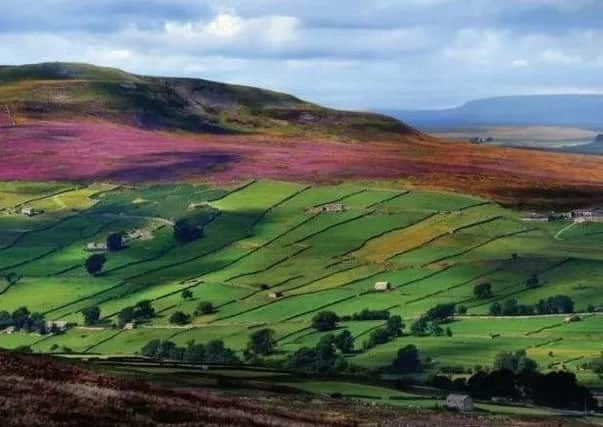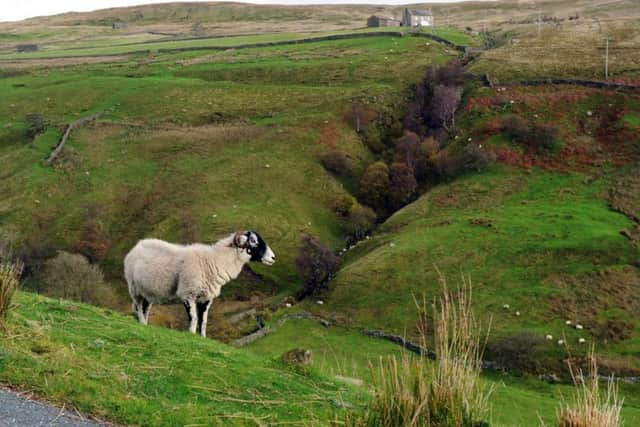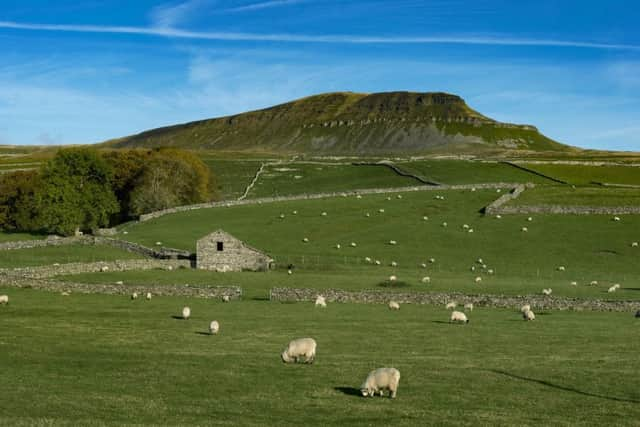Extension sought to innovative Yorkshire Dales upland farming scheme


For the last 18 months, 19 farmers in Wensleydale have been involved in the initiative which sees them receive payments based on environmental results, rather than for following precisely prescribed management options under European Union rules.
Farmers also have a greater say in the design and delivery of environmental measures but the pilot scheme ends in September.
Advertisement
Hide AdAdvertisement
Hide AdThe Yorkshire Dales National Park Authority is keen for the scheme to continue and to be extended to 40 farmers, thereby helping to gather “unequivocal evidence of the improved environmental productivity from a results-based approach”.


An extended pilot relies on fresh funds and government approval, so the park authority has submitted a proposal to the Department for the Environment, Food and Rural Affairs (Defra).
Defra is seeking pilot schemes to test in 2021 as part of UK farming’s transition to a new way of financial support post-Brexit, and the Dales scheme was recently highlighted as a case study in its 25-year Environment Plan.
Advertisement
Hide AdAdvertisement
Hide AdThe national park’s proposal, which has been published as part of papers prepared for authority members to discuss at a meeting tomorrow, states: “Continuing the current pilot in its current form for a further year would cost around £60,000, including advisor time. With the right support, it would be possible to ‘launch’ an enhanced pilot project involving the existing 19 farms from January 2019. Subject to funding, we would then propose to enrol the second cohort, of 21 farms, in time for a second round of agreements in January 2020.”


A working group will continue to refine the proposals for the pilot scheme, in discussion with Defra, the report says.
In The Yorkshire Post’s special report on the socio-economic crisis in the Yorkshire Dales National Park last month, park authority chief David Butterworth said the area’s most pressing issue was resolving the future of upland farming. He said: “It drives everything in terms of the landscape, land management and the future of communities.”


Advertisement
Hide AdAdvertisement
Hide AdAccording to Defra, even with direct EU support payments, 14 percent of upland grazing farms make a loss.
In the new Dales authority papers, Gary Smith, the park’s conservation director, says: “The authority now has a vital role to play in continuing to lobby for, and demonstrate practical ways to incentivise, the production of locally-distinctive, high-quality food in a way that delivers an outstanding range of public benefits, so as to help secure the long-term economic viability of high nature value farming in the national park.”
